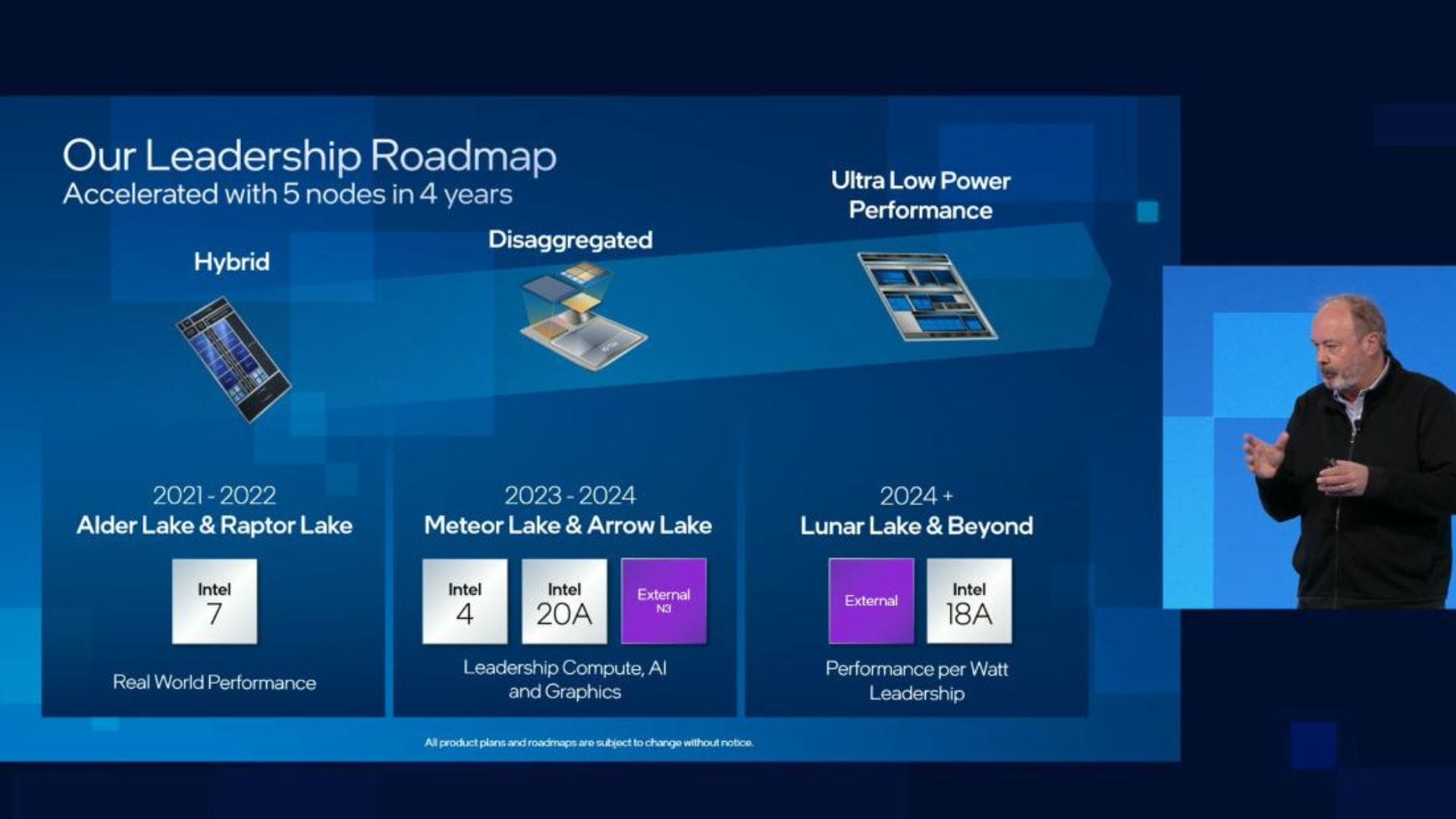Intel’s desktop CPU roadmap may see significant changes
Intel may have changed its CPU roadmap by cancelling the Arrow Lake-S refresh, but rumours about the next generation are already emerging.

Intel is about to introduce its new line of processors with the Arrow Lake-S series, also called the Intel Core Ultra 200-series for desktops. However, the future of this CPU line seems less certain now, as Intel might be rethinking its plans. According to a post on the Chiphell forums, Intel could have cancelled its planned refresh for Arrow Lake-S, which was expected to be the Intel Core Ultra 300-series, initially rumoured to launch next year. There is still some good news—details about an upcoming desktop CPU generation have also been leaked.
Arrow Lake-S refresh uncertain
While Intel never officially confirmed the Arrow Lake-S refresh, rumours about it have been circulating for some time. The refresh, much like the recent Raptor Lake update, was not expected to be a major leap forward in terms of performance. The main difference would have been the inclusion of an updated Neural Processing Unit (NPU) designed to handle AI-related tasks.
The lack of significant updates to the core configuration or clock speeds suggests Intel’s decision might make sense. In desktop PCs, NPUs are less important than lightweight laptops, where AI workloads are more commonly offloaded. Desktops often have powerful discrete graphics cards, which can handle those tasks better. Without other major improvements, such as performance boosts in gaming or general tasks, the Arrow Lake-S refresh might not have brought much to the table for most users.
This raises an important point: if Intel cancels the Arrow Lake-S refresh, the new LGA1851 socket might only be used for one generation of processors. Intel’s next desktop CPU line, Nova Lake, was initially thought to require a new socket and isn’t expected until at least 2026. If this is the case, it could leave Intel with a significant two-year gap between processor generations for desktops.
Uncertainty remains, but hope for refresh exists
Despite the rumours, there’s still some hope that the Arrow Lake-S refresh might happen. The original poster on Chiphell, who suggested that Intel had cancelled the refresh, has since edited their post. They are now less definitive about the cancellation, although it still leans towards the refresh not happening. However, as the refresh was never officially confirmed, these rumours should be taken cautiously. Even if the desktop refresh is cancelled, Intel could introduce refreshed versions of the Arrow Lake-H and HX laptop processors.
I see the codename has finally been leaked https://t.co/QiY9LEjDkd
— Bionic_Squash (@SquashBionic) September 23, 2024
Intel’s roadmap for desktop processors might look uncertain for now, but there’s more to the story. A new leak from a trusted hardware source, HXL, suggests that the next desktop CPU generation after Nova Lake-S will be called Razer Lake. Another leaker, Bionic_Squash, has supported this claim. While we’re likely a few years away from seeing Razer Lake hit the market, it provides a glimpse into Intel’s longer-term plans.
As of now, we’re still waiting for an official announcement from Intel about Arrow Lake-S. If the rumours are true, Intel might unveil its new desktop processors as soon as October 10, with a possible release date set for October 24. With these announcements on the horizon, the next few weeks could reveal more details about Intel’s evolving plans for desktop CPUs.
















